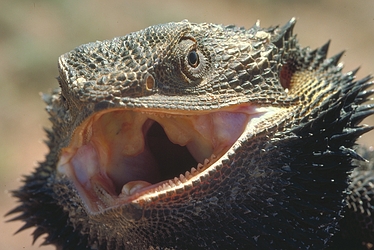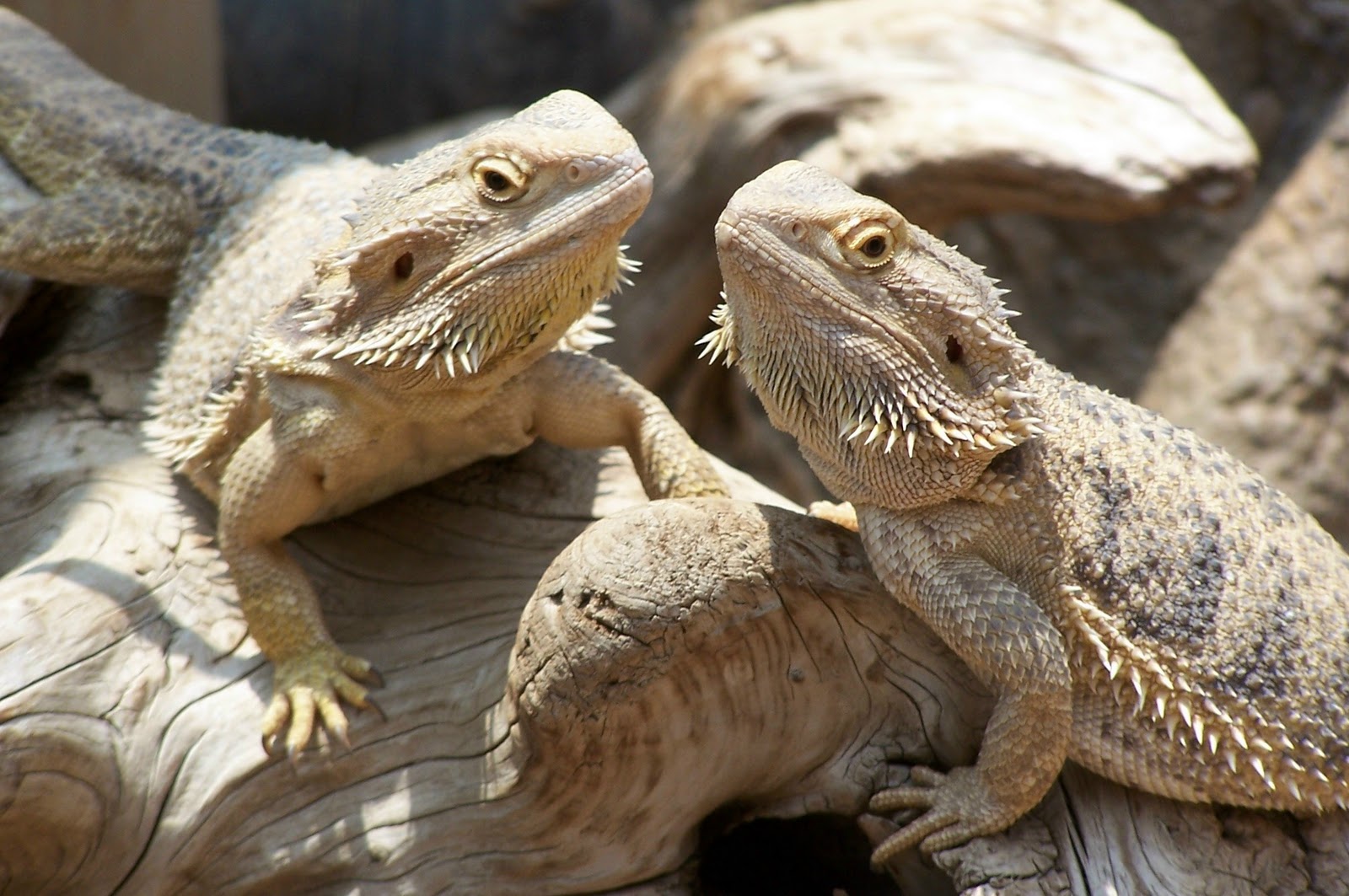What Do Bearded Dragons Eat? A Beginner's Guide to Feeding Your Dragon
Bearded Dragon Diet: What Do They Eat?
Bearded dragons are fascinating creatures that make great pets. These friendly, curious lizards are native to Australia and are known for their distinctive beard-like appearance. But what do bearded dragons eat?
A bearded dragon’s diet is primarily made up of insects, vegetables, and fruits. In the wild, they eat a variety of insects and plants. However, as captive pets, they require a carefully balanced diet to ensure they receive all the nutrients they need.
What Insects Can Bearded Dragons Eat?
Insects are a vital part of a bearded dragon’s diet. They provide essential protein and other nutrients that your dragon needs to stay healthy. Some of the best insects for bearded dragons include:
- Crickets
- Dubia Roaches
- Waxworms
- Butterworms
- Phoenix Worms
- Superworms
- Mealworms (in moderation)
When feeding your bearded dragon insects, it’s crucial to ensure they are appropriately sized. The insects should be no larger than the space between your dragon’s eyes. Small insects like crickets should be gut-loaded before feeding to ensure they are as nutritious as possible.

What Vegetables Can Bearded Dragons Eat?
In addition to insects, bearded dragons also need vegetables in their diet. Vegetables provide crucial vitamins and minerals that insects alone cannot offer. Some of the best vegetables for bearded dragons include:
- Collard Greens
- Kale
- Mustard Greens
- Turnip Greens
- Endive
- Escarole
- Bell Peppers
- Carrots
- Squash
- Zucchini
- Sweet Potato
- Parsnip
- Green Beans
- Peas
When offering vegetables to your bearded dragon, it’s best to chop them into small, bite-sized pieces. You can also grate them or blend them into a smoothie to make them easier to eat.
What Fruits Can Bearded Dragons Eat?
Fruit is an essential part of a balanced bearded dragon diet. It provides additional vitamins and minerals, as well as a source of hydration. Some of the best fruits for bearded dragons include:
- Berries
- Melons
- Mango
- Papaya
- Apple
- Kiwi
- Peach
- Pear
Fruit should be offered sparingly, as it is high in natural sugars. Be sure to remove any seeds or pits before feeding fruit to your dragon.

What Foods Should Bearded Dragons Avoid?
While bearded dragons can eat a variety of foods, there are some items that should be avoided. These include:
- Avocado
- Rhubarb
- Spinach
- High-fat or sugary foods (such as ice cream or candy)
These foods can be harmful to your bearded dragon and should be avoided at all costs. Additionally, any insects caught from the wild or purchased from pet stores should be checked for pesticide residue or other harmful chemicals before feeding them to your dragon.
How Often Should Bearded Dragons Be Fed?
The frequency of feeding your bearded dragon will depend on their age and size. Hatchlings and juvenile dragons should be fed more frequently, while adult dragons require less frequent meals.
As a general rule, bearded dragons should be fed once a day when they are hatchlings, twice a day when they are juveniles, and every other day when they reach adulthood. However, the exact frequency of feeding will depend on your dragon’s individual needs, so it’s essential to watch their weight and adjust their diet accordingly.
In Conclusion
Bearded dragons are fascinating creatures that make excellent pets. As a responsible pet owner, it’s crucial to provide your dragon with a balanced diet that meets all their nutritional needs. By offering a variety of insects, vegetables, and fruits, you can keep your bearded dragon healthy and happy for years to come.

